The EU is exemplary in its commitment to trying to ensure a fair and inclusive rural future. In practice across Europe almost every rural development partnership refers to social exclusion, and a desire to foster social inclusion. The emergence of a commitment to rural social inclusion at EU and national levels is not unrelated, and the influence of the EU in putting rural social inclusion onto national agendas should not be underestimated.
FROM POVERTY TO EXCLUSION – IMPLICATIONS FOR RURAL AREAS
Social exclusion is understood as focusing primarily on ‘relational issues’, or in other words, low social integration, lack of participation, and powerlessness, with its roots in the idea of universal rights. With time, there is a growing realisation that poverty is often at the root of social exclusion for many. However, in rural areas, their remoteness, demography and restricted access to essential services and labour markets can also impact on particular groups and limit their options for inclusion. The access that rural citizens have to a range of basic rights is restricted in a number of ways. All of these need to be addressed to build an inclusive rural future.
ACCESS TO SERVICES AND MOBILITY
Pressures to reduce public spending and smaller and more dispersed numbers of users in rural areas have led to the concentration of many basic public and private services in the larger centres of population. Rural development initiatives continue to provide innovative solutions to enhance inclusion by creating the enabling conditions for the provision of affordable accessible services in rural areas and also new mobility solutions to help them get to the services elsewhere.

WOMEN
There are particular issues experienced more frequently by women in rural areas. Women are very underrepresented in the agriculture industry and rarely inherit land, have access to financial credit, or receive agricultural training. To reach a fairer and inclusive rural future for these women will require measures including policies to question unconscious bias and cultural barriers as well as local initiatives supporting women’s role in the industry, and supporting more women.
MIGRANTS
In many parts of Europe, rural areas have become more diverse with a surge of migrants from third countries seeking agricultural jobs. Often migrants are not treated fairly by employers or included in rural community life. A fairer and inclusive rural future will require policies and laws that protect migrant workers’ rights, and regulations that punish employers who abuse these rights. It also requires active initiatives by rural communities to embrace diversity and foster inclusion.

TOWARDS A FAIRER AND MORE INCLUSIVE RURAL FUTURE
A fair and inclusive rural future will require policies, laws, regulations, and addressing cultural barriers. This will require action at community, national and EU level, and people must feel able to participate fully and not be excluded by different power relations.
For more information click here.




